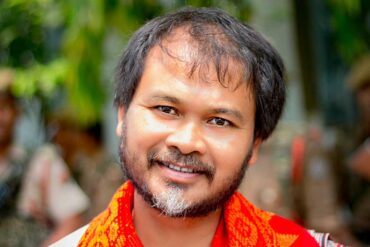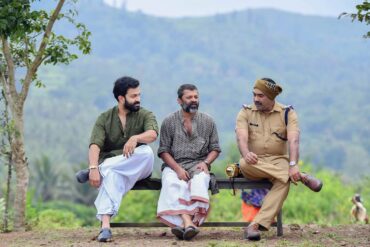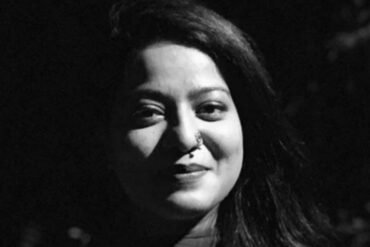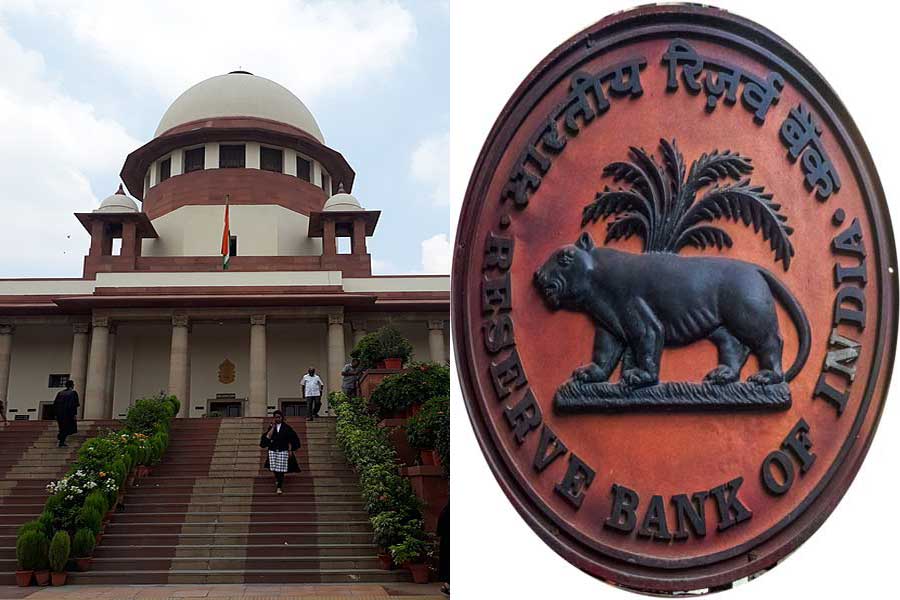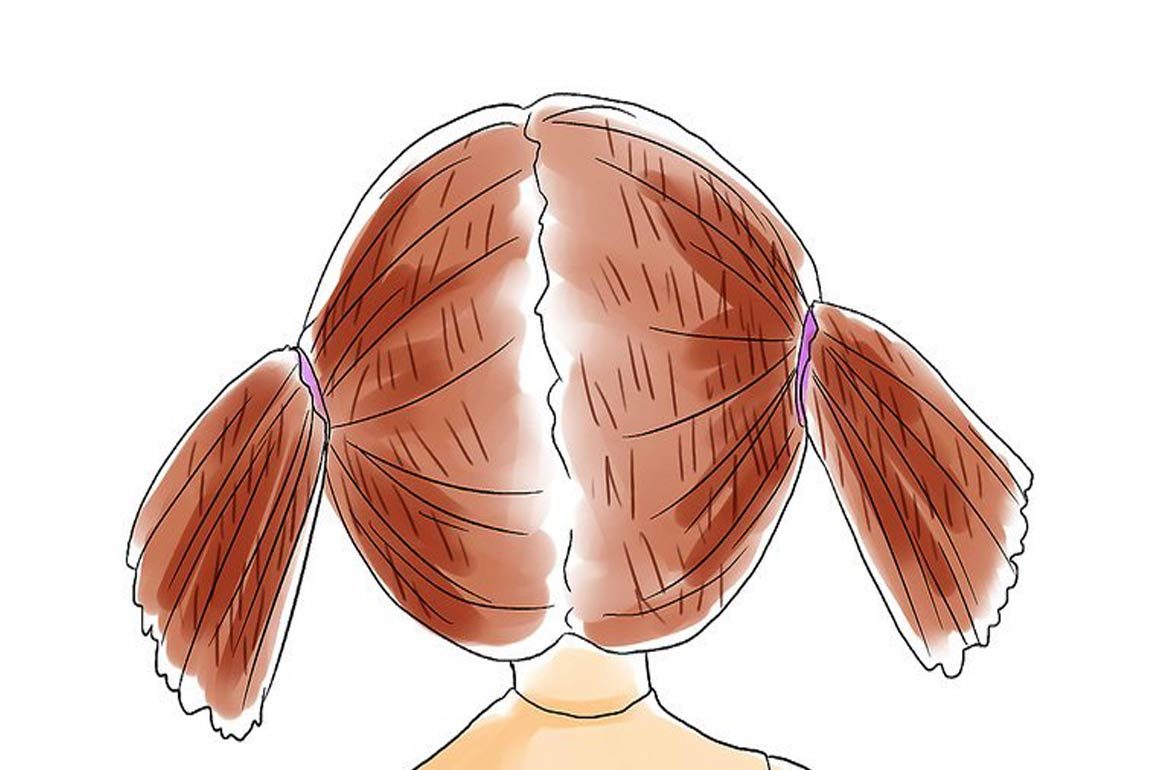A writ petition is preferred in the High Court of Kerala for appointment of Special Public Prosecutors, who have special knowledge in psychology, to the Special Courts conducting trial of POCSO cases. The petitioner, Dr Kavitha Shekhar, dentist by profession compared the rules of appointments of Code of Criminal Procedure (CrPC) and the POCSO Act. The POCSO Act only insists 7 years of experience for the appointment of public prosecutors in contrast to CrPC’s 10 years.
She based her plea on the observation of the Supreme Court which mandated that all the prosecutors and the judges need to have training in child psychology. She contends that when the Special Prosecutors are appointed based on their political affinities, the same would result in the violations of the rights of the child who is the victim. She also relied on the representations by para legal working with the Legal Service Authority made way back in 2018 itself which is not being considered by the authorities. The recent Walayar case to show the ineptness and the lack of capacity of the special prosecutors was illustrated as an example. The writ petition filed through Adv Lakshmi N Kaimal, which challenges the constitutional validity of Section 32 of the POCSO Act points out that various nations have made advancements with regard to offences against the children. According to the writ petition, children can never be considered as an adult when the matter proceeds in the court.
So far as lawyers are concerned, many a time the lawyers consider the victim or the child client, not as a child but as an adult client. It is submitted that the system needs to double check the lawyers’ actions and the following factors need also to be ascertained by the lawyer who conducts the case for and on behalf of the child
- In making decisions about the representations is the lawyer viewing the case, as much as possible from the child’s point of view than from the adult’s point of view.
- Does the child understand what the lawyer explains about what is happening in his case and in the Court?
- If the client was an adult, would the lawyer be taking the same actions making the same decisions and treating him/her in the same way?
- If the lawyer decides to treat the client differently from the way he would treat an adult in a similar situation, in what ways will the client concretely benefit from deviation? Is that benefit one which the lawyer can explain to the client?
- Is it possible that the lawyer is making decisions in the case for the gratification, and not for that his client?
- Does the representation seen as a whole, reflect what is unique and idiosyncratically characteristic of this Child?
It is submitted that in order to find the most the appropriate answers for all these questions above, it would always be better to have knowledge in child psychology and general psychology since the character and incidents in childhood may also ultimately build the man and thus the nation itself. Having a prosecutor in POCSO case with knowledge in psychology would be a great advantage to the victim as well as the judge, who can also be very well assisted to arrive at the utmost desirable conclusion, it is contended. The writ petition is admitted with notices to the State Government and the Union Government as well as the National and State Commission for the Protection of Child Rights, who according to the Petitioner are inactive so far in the State .

